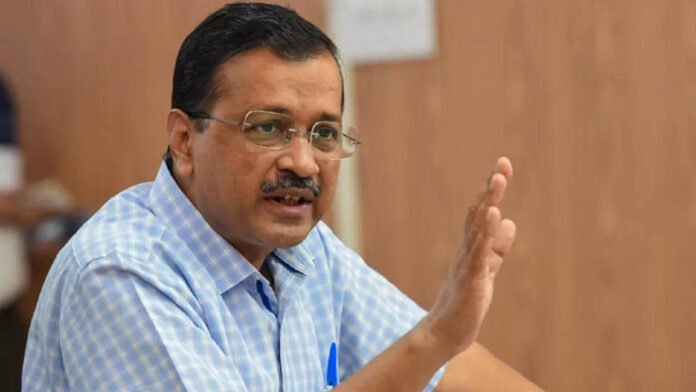In a recent interview, Delhi Chief Minister Arvind Kejriwal addressed a question that has been the subject of much speculation and debate in Indian politics: Would he accept Rahul Gandhi as the Prime Minister? Kejriwal’s response sheds light on the complexities of opposition politics in India and the strategic considerations that come into play as the country heads toward the next general election.
During a televised interview, Kejriwal was asked directly if he would support Rahul Gandhi, the Congress leader, as a candidate for Prime Minister. The question is particularly pertinent given the ongoing efforts to unite opposition parties against the ruling Bharatiya Janata Party (BJP) and Prime Minister Narendra Modi. Kejriwal, known for his candid and often forthright answers, provided a nuanced response that reflects the current political dynamics.
Kejriwal began by emphasizing the importance of unity among opposition parties. He acknowledged that defeating the BJP in the upcoming elections is a priority that transcends individual political ambitions. “Our main objective should be to save the country from the divisive and harmful policies of the BJP,” he stated. Kejriwal’s Aam Aadmi Party (AAP) has often positioned itself as an alternative to both the BJP and the Congress, but he recognized that collaboration is essential in the current political climate.
However, Kejriwal did not unequivocally endorse Rahul Gandhi as the Prime Ministerial candidate. He highlighted that the leadership question should be decided based on broader consensus and the collective interests of the opposition coalition. “The choice of a Prime Minister should be made considering who has the best chance of leading the country effectively and bringing about the change that India needs,” Kejriwal remarked. He suggested that the decision should come from extensive discussions and agreement among all opposition parties.
Kejriwal’s response indicates a strategic and pragmatic approach to opposition unity. Rather than committing to a single candidate prematurely, he advocates for a process that allows for flexibility and adaptability. This stance is likely influenced by the diverse political landscape of India, where regional parties play a crucial role and the support of various factions is necessary for a viable coalition.
The question of Rahul Gandhi’s leadership has been a contentious issue within opposition circles. While the Congress party remains one of the largest opposition parties, Rahul Gandhi’s leadership has been questioned both within and outside the party. Critics argue that he has not been able to effectively challenge Narendra Modi’s dominance, while supporters believe he represents a progressive and inclusive vision for India.
Kejriwal’s approach also reflects his own political ambitions and the positioning of the AAP. As the Chief Minister of Delhi, Kejriwal has focused on governance issues such as education, healthcare, and public services, which have won him significant support. He has often distanced himself from the personality-driven politics that characterize much of Indian political discourse. By not committing to a specific candidate, Kejriwal keeps his options open, allowing him to play a pivotal role in any potential opposition coalition.
The response also underscores the challenges of forging a united opposition front. Each party brings its own agenda, leadership ambitions, and voter base. Balancing these diverse interests while presenting a coherent and united front against the BJP is no small feat. Kejriwal’s call for a consensus-based approach to selecting a Prime Ministerial candidate reflects the need for a careful and strategic alignment of these various factors.
In addition, Arvind Kejriwal’s response to whether he would accept Rahul Gandhi as Prime Minister is emblematic of the current state of opposition politics in India. His emphasis on unity and consensus highlights the strategic considerations that will shape the opposition’s approach to the upcoming general elections. While not offering a straightforward endorsement, Kejriwal’s stance leaves the door open for collaboration and reflects the nuanced and complex nature of building a successful political coalition in India’s multifaceted political landscape. As the elections approach, the process of selecting a unified opposition candidate will be crucial in determining the future political direction of the country.

